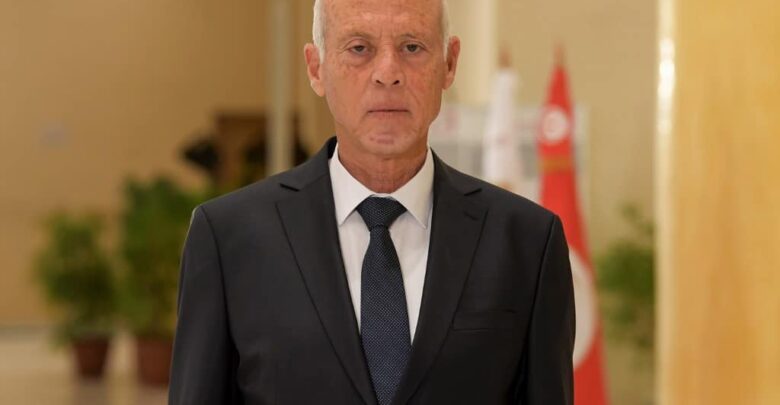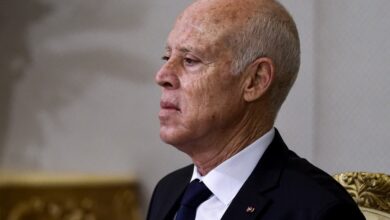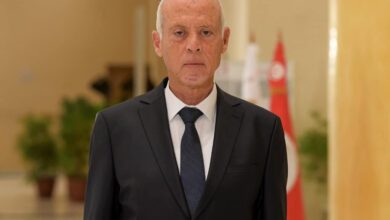Tunisia
Tunisian President Kais Saied Indicates Plan To Amend Country’s Constitution

Tunisian President Kais Saied on Saturday indicated plans to amend the country’s constitution, just seven weeks after he seized power, reported Africa News.
Back in July, Mr. Saied had dismissed his Prime Minister Hichem Mechichi, suspended the activities of parliament, and also took over the judiciary for a month before extending these measures on August 24. He asserted that he took the big decision to save Tunisia from collapse following mass protests over the government’s handling of the coronavirus outbreak and its dire economic consequences.
Speaking to two television channels after a late Saturday evening stroll in central Tunis, Saied said he would form a new government “as soon as possible” after selecting “the people with the most integrity”. However, he declined to give a specific timeline.
He also referred to the 2014 Constitution, saying that he respected it but there can be amendments to the constitution. According to him, the Tunisian people rejected the Constitution and Constitutions are not eternal”.
Saied said it is therefore necessary to amend while respecting the Constitution while keeping in mind that sovereignty belongs to the people. He assured that any amendment made will be made within the framework of the constitution.
The Islamist-inspired Ennahdha party, the largest bloc in the Tunisian parliament, dismissed Saied’s plans to amend the constitution.
In a statement, the party rejected the president’s plan saying that it will not accept anything that is hostile to the country’s democratic process and would continue to push for choices that violate the rules of the constitution.
Ennahdha added that it would oppose an intended suspension of the application of the constitution and a change to the political system, possibly through a referendum.
The UGTT trade union confederation, which has so far backed Saied, also rejected any suspension of amendment of the constitution and called for early legislative elections so that a new parliament could look into potential constitutional changes.






